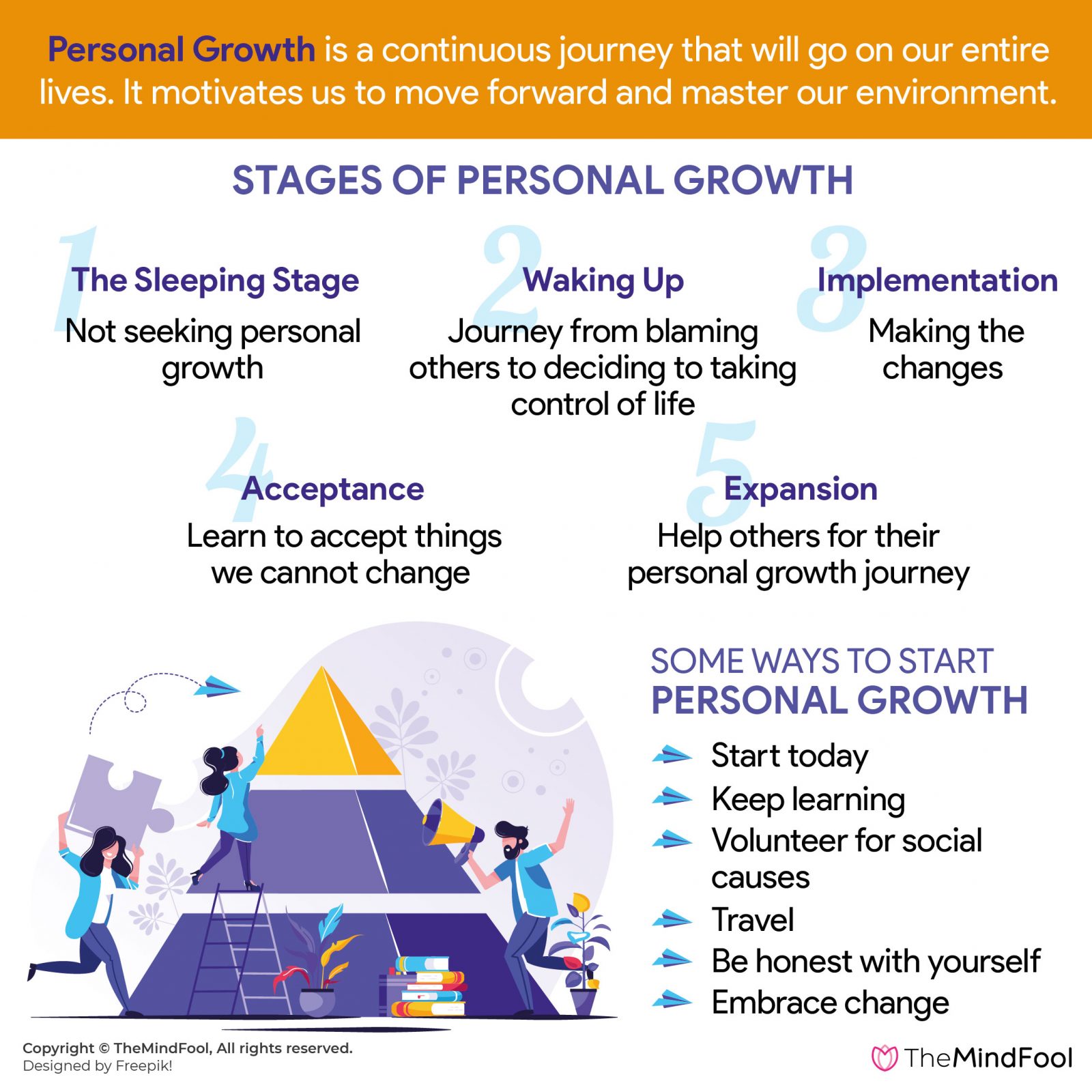Unlocking Your Potential: A Guide to Personal Growth and Success
@jorgebscomm for @empowervmedia*
Today's fast-paced world requires unlocking our full potential in order to achieve personal growth and success. Whether you're an educator, a wellness enthusiast, or simply someone striving for self-improvement, understanding how to tap into your potential can lead to transformative outcomes. In this article, we'll explore evidence-based strategies and actionable tips to help you unlock your potential and achieve your goals.
 |
| Unlock your full potential to achieve personal growth and success 📷 imgur |
Understanding Potential
Potential is often defined as the capacity for growth, achievement, and success inherent in each individual. It encompasses our talents, strengths, and capabilities waiting to be realised. However, tapping into our potential requires intentional effort and a willingness to explore new possibilities.
Setting Clear Goals
One of the first steps in unlocking your potential is setting clear, achievable goals. Research suggests that individuals who set specific, challenging goals are more likely to succeed than those with vague or unrealistic aspirations. By defining your objectives and creating a roadmap for success, you can harness your potential and make meaningful progress towards your dreams.
 |
| 📷 rhythmsystems |
Embracing Growth Mindset
Central to unlocking your potential is cultivating a growth mindset — the belief that abilities and intelligence can be developed through dedication and hard work. Studies have shown that individuals with a growth mindset are more resilient, motivated, and likely to overcome obstacles on their path to success. By embracing challenges as opportunities for growth and viewing failure as a stepping stone to improvement, you can unlock new levels of achievement.
 |
| 📷 themindfool |
Developing Self-awareness
Self-awareness is another critical component of unlocking your potential. By understanding your strengths, weaknesses, values, and motivations, you can make informed decisions that align with your goals and aspirations. Practices such as mindfulness, journaling, and self-reflection can help you cultivate greater self-awareness and unlock hidden potential.
Seeking Continuous Learning
Continuous learning is essential for unlocking your potential and staying ahead in today's rapidly changing world. Whether through formal education, online courses, or self-study, committing to lifelong learning expands your knowledge, skills, and perspectives. By staying curious and open to new ideas, you can adapt to emerging trends and seize new opportunities for growth and success.
| The Continuous Learning Cycle 📷 KELP |
Cultivating Resilience
Resilience is the ability to bounce back from adversity and setbacks, and it plays a crucial role in unlocking your potential. Research has shown that resilient individuals are better equipped to navigate challenges, overcome obstacles, and thrive in the face of adversity. By building resilience through practices such as self-care, social support, and positive coping strategies, you can persevere through tough times and emerge stronger than ever.
 |
| Resilient individuals are more equipped to navigate life's challenges 📷 thehour |
Unlocking your potential is a journey of self-discovery, growth, and transformation. By setting clear goals, embracing a growth mindset, cultivating self-awareness, seeking continuous learning, and cultivating resilience, you can unlock new levels of success and fulfilment in your personal and professional life. Remember, the key to unlocking your potential lies within you — so embrace the journey and unleash your greatness!
*AI assisted

.jpg)
